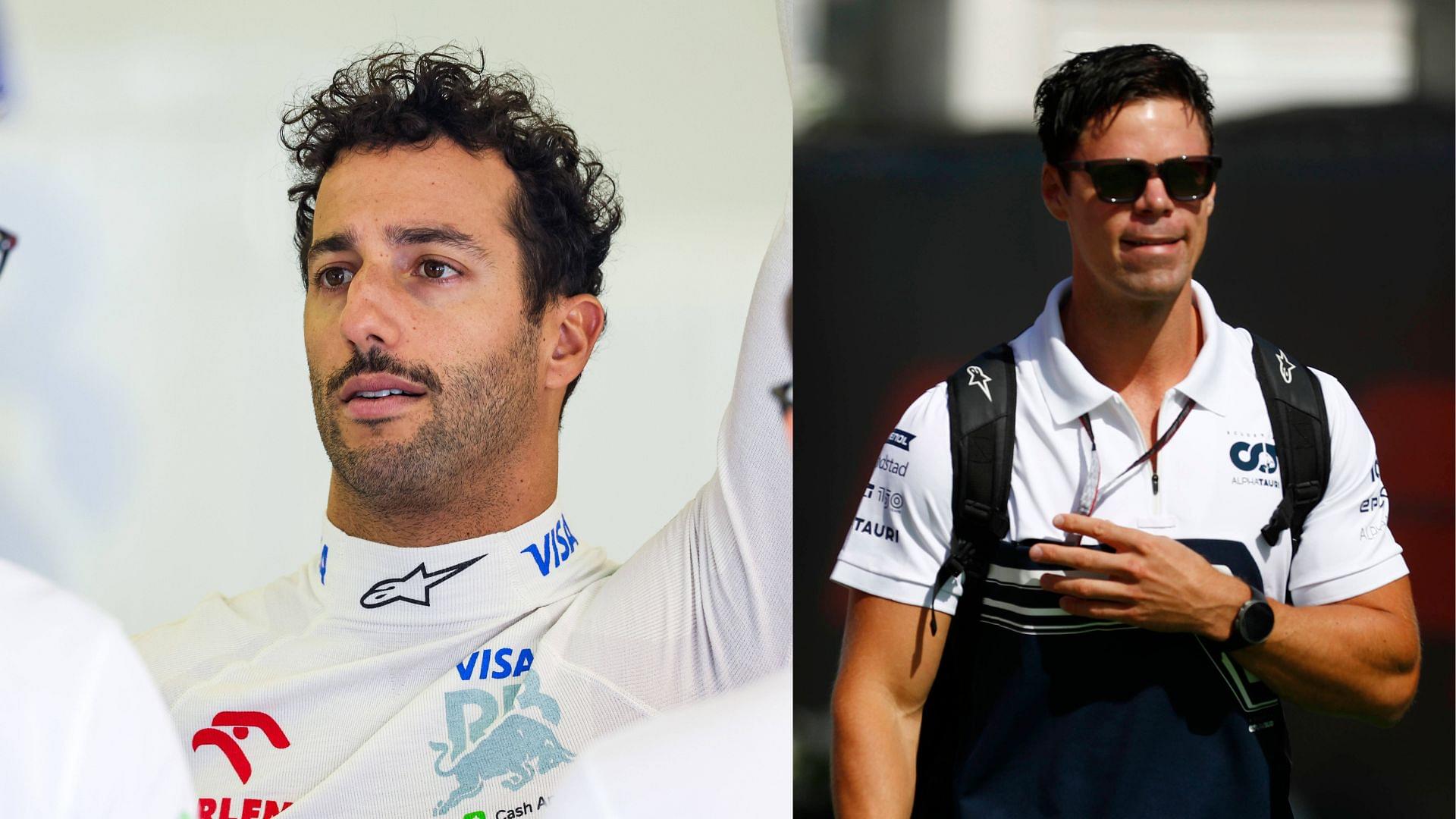With Formula 1 expanding its horizons by the day, the mental and physical toll on the drivers is also soaring. F1 is arguably one of the most demanding sports in the world, and performing at the top of one’s capabilities every week is a daunting task. As such, the question of ‘how do drivers ready themselves for the various challenges of driving an F1 car?’ arises. The SportsRush‘s Anirban Aly Mandal recently sat down for an exclusive interview with the performance coach of Daniel Ricciardo, Pyry Salmela, and picked his brain.
“I always say that getting fit itself is not so complicated. What is a lot more challenging is how you stay fit with the lifestyle that entails.”, said Salmela.
Shining more light on his statement, Salmela cited that drivers have to catch hundreds of flights each year. Then comes the challenge of coping with the different time zones and disrupted sleep. Eventually, the drivers also have to face the off-track marketing and commercial challenges. Owing to the sponsorships and ambassadorial commitments, drivers have to be a part of various promotional events.
What’s it like to work with Yuki Tsunoda, Nyck de Vries, Daniel Ricciardo, Pierre Gasly?
What do F1 drivers eat?
️♂️How do drivers train for F1?
The latest Sky Sports F1 Podcast with Michael Italiano and Pyry Salmela is LIVE
— Sky Sports F1 (@SkySportsF1) June 27, 2023
Fan engagement is an essential part of these events, and staying energetic and healthy can often be a task. However, the F1 drivers push through to ensure they please the fans.
Once the drivers are free from their commercial duties, the competitive duties come calling. Even F1 drivers often end up complaining about the difficulties they face in trying to cope with the ever-changing time zones around them.
Are drivers becoming too tired to compete in F1?
With F1 adding races to its calendar, drivers are nearing the risk of burning out. While the organization earns a massive profit with each race, the drivers put everything on the line to do what they love. However, the increased toll is now leading to drivers stepping away from F1 long before they should.
Athletes are becoming too tired to be able to compete in F1 and end up retiring. Contrary to popular belief, driver retirements in F1 have little to do with their skills diminishing.
Fernando Alonso is a prime example of the same. He needed some time away from F1 to fall back in love with it. Once he felt the timing was right, he came back. And he instantly feels like a better driver, especially after his stint with Alpine. Even younger drivers such as Max Verstappen are no longer in favor of such hectic schedules. He does not believe the long schedules are sustainable.
Apart from the drivers, the increasingly hectic F1 schedule is also a challenge for the rest of the crew. Performance coaches like Salmela stand to face an even bigger task, as they have to keep the drivers at their level best.
The pit crew is another element of F1 that faces a tough task. They travel with the teams and are often subject to rigorous training sessions, making their life tough as well.








